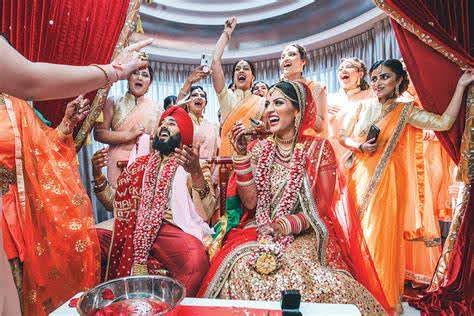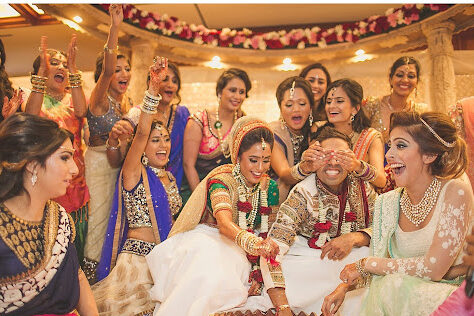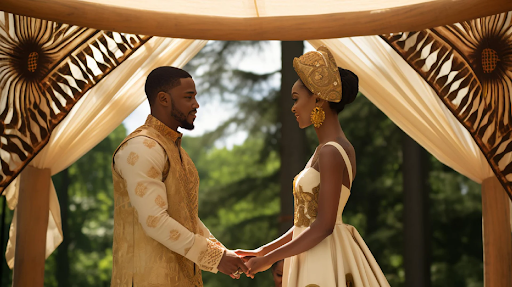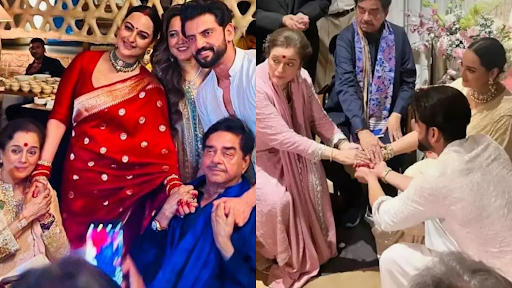Introduction
Family heritage traditionally plays a very huge role in matrimonial choices, more so in societies enamored with traditions and deeply held cultural values. Weaving from the threads of history, culture, and familial expectations is this influence—a complex yet fascinating framework within which human beings make one of the most important decisions of their lives. Knowing the role of family heritage in matrimonial decisions, one realizes so much more how deeply seated values and customs are in personal relations and social frameworks.
Historical Context
Across history, marriages have been less a union between two individuals than an alliance between families, clans, and even nations. To a large extent in most cultures, the concept of marriage was linked with the necessity to preserve family lineage, wealth, and social standing. The lineage of the family often decided upon the alliances they could make, whereby heritage and tradition should be continued down the line. Such a historical backdrop paved the way for the central place of family heritage in modern matrimonial decisions.
Cultural Influence
Culture plays a principal role in how family heritage impacts matrimonial decisions. In collectivist cultures, the sanction and blessings of the family are very important. For instance, family heritage in most Asian and Middle Eastern cultures encompasses the name and background of the family, their customs and practices, and, importantly, the testament to their social status. In marriages, these play a vital role in determining the suitability and compatibility of a potential spouse. This cultural significance of family heritage ensures protection of the values, customs, and traditions of the family down the line to future generations.

Societal Expectations
Another major factor that decides how family heritage influences marital decisions is the expectations from society. In other words, there are unwritten rules regarding suitable matches within societies, normally based on caste, religion, ethnicity, and socio-economic status. These expectations get deeply embedded in the social fabric and influence individual choices. For instance, in India, the caste system is still a significant influence in matrimonial decisions, where families seek alliances within the same caste to preserve social order and cultural integrity. Similarly, in most Western societies, it would appear that socioeconomic status and educational background weigh heavily upon matrimonial choices, that is, by societal expectations of compatibility and social improvement.

Familial Influence
The family influence in the choice of matrimonial alliance cannot be gained. The decision-making process is influenced by family elders, more so parents. Their approval is not only sought but sometimes acts as the deciding factor. This influence is derived from such beliefs that decision-making in important matters is best left to the family as an institution because of the requisite experience and wisdom. This influence of the family stretches towards the extended family, wherein even uncles, aunts, and family friends can add their opinions in terms of the suitability of the match. Therein lies one of the greatest indications towards family heritage across matrimonial decisions.

Preservation of Heritage
Among the primary reasons family heritage gets a significant say in terms of matrimonial choice is due to the preservation of heritage itself. Marriages provide an avenue for expanding the family bloodline and passing the practices and traditions down the generations. It is believed that passing this heritage to a future blood-related generation will ensure the security of cultural practices, dialects, and values. For example, in Jewish culture, an endogamous marriage is seen as one way to ensure that future generations continue having an affiliation with religious and identity values. In most of the indigenous cultures, marriage within the community gives an assurance that the traditional practices and knowledge will be passed and preserved down the generations.
Modern Challenges and Adaptations
While family heritage continues to play a leading role in matrimonial choice decisions, modern challenges and changes are bringing forth adaptations. The fact that individualism is developing fast in urban and cosmopolitan settings has brought a major change in the way matrimonial choices are made. Young people today would most probably put personal compatibility and individual choices foremost before familial expectations. Online matrimonial platforms have democratized the process, enabling people to connect beyond traditional boundaries. But here, too, in such modern settings, family heritage or its instituted values continue to prevail, even if in a more flexible and negotiated manner.

Conclusion
The role of family heritage in matrimonial choices is thus a powerful testament to tradition and culture that has found an abiding havoc in familial bonds. These are decisions that, though affected by modern influences and changes in societal standards, are nonetheless very essential and at the heart of family heritage. It is a delicate balance between heritage and modernity: making sure that the very essence of family heritage is kept while one is able to apply the same in a most relevant manner possible in contemporary life. Knowing this intricate balance will help in appreciating the complex dynamics that attend matrimonial choices in a world where tradition and modernity often get muddled.


